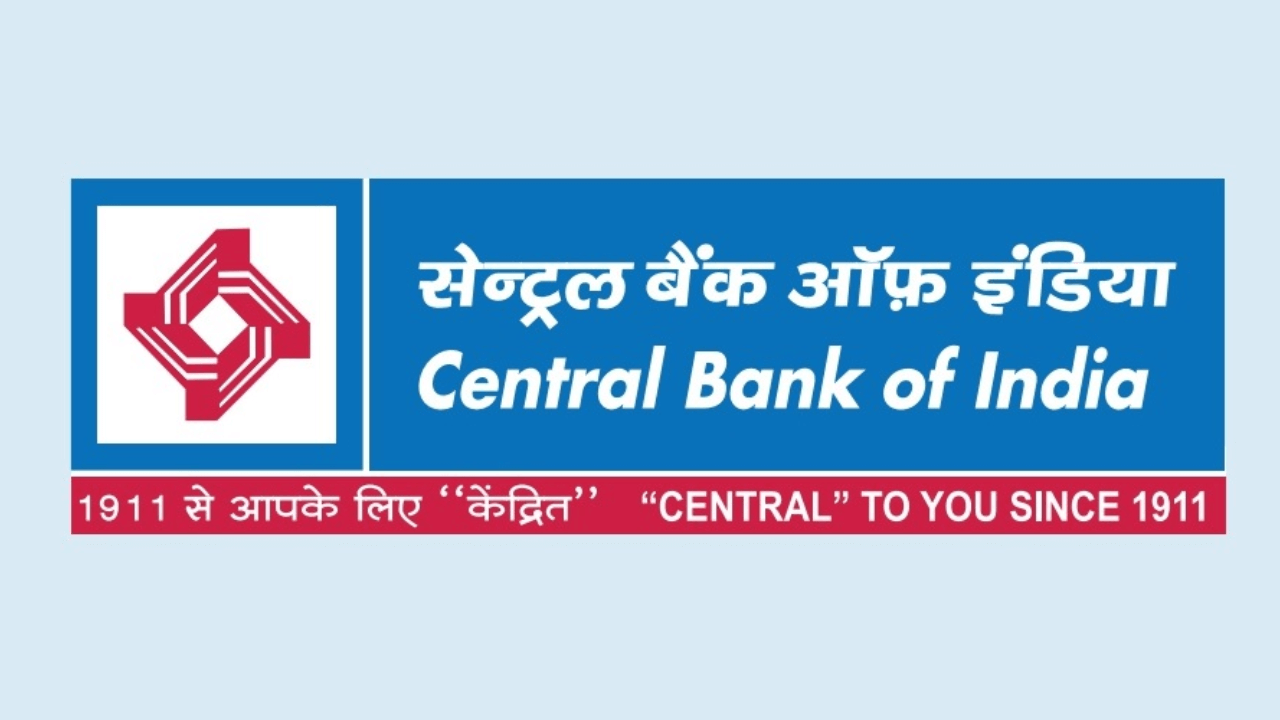Central Bank of India
The Reserve Bank of India (RBI) has fined the Central Bank of India (CBI) ₹84.50 lakh for not following certain rules regarding fraud classification and reporting. During a routine inspection, it was found that the bank did not report fraudulent accounts within the required time frame. Moreover, the bank charged customers a fixed SMS alert fee instead of charging based on actual usage.
Non-Reporting of Fraudulent Accounts
The Reserve Bank of India (RBI) conducted a supervisory evaluation of the CBI’s financial position as of March 31, 2021. During this evaluation, it was found that the bank had not reported certain accounts as fraud to the RBI within the required period of seven days after the decision of the Joint Lenders’ Forum (JLF) to declare them as fraudulent. This failure to comply with the fraud reporting norms was considered a violation by the RBI.
Incorrect SMS Alert Charges
Additionally, during the inspection, another area of non-compliance was identified regarding the CBI’s practice of charging customers for SMS alerts on a flat basis, instead of accurately reflecting the actual usage. This practice was found to be a deviation from the regulatory guidelines set by the RBI.
RBI’s Notice and Penalty Imposition
After discovering the violations, the RBI took action by issuing a notice to the CBI, requesting explanations as to why a penalty should not be imposed. The bank responded to the notice and participated in a personal hearing conducted by the RBI, where it presented its case orally. However, after thoroughly evaluating the bank’s response and considering the submissions made, the RBI found that the charges of non-compliance with its directions were valid. As a result, the RBI decided to impose a monetary penalty of ₹84.50 lakhs on the CBI.
RBI’s Clarification on Penalty
The RBI clarified that the penalty imposed on the CBI should be seen as a result of deficiencies in regulatory compliance rather than a judgment on the validity of specific transactions or agreements between the bank and its customers. The purpose of the penalty is to serve as a disciplinary measure, promoting adherence to established guidelines and upholding the integrity of the banking system.
About The Central Bank of India (CBI)
- The Central Bank of India (CBI) is one of the leading public sector banks. It was established on December 21, 1911, and is headquartered in Mumbai, Maharashtra. With a rich history of over a century, the bank has played a crucial role in the development of the Indian banking industry.
- Managing Director & CEO – Mr. Matam Venkata Rao
- As a commercial bank, the CBI offers a wide range of banking and financial services to individuals, businesses, and institutions. These services include deposit accounts, loans, credit cards, investment products, forex services, and various other banking solutions.
- The bank operates through a widespread network of branches and ATMs across the country, ensuring convenient access to its services for customers. It also embraces digital banking technologies to provide online banking, mobile banking, and other digital solutions to enhance customer experience and convenience.
- The CBI has been actively involved in supporting various sectors of the economy, including agriculture, small and medium enterprises, and rural development. It has implemented various financial inclusion initiatives and social welfare schemes to promote financial literacy and empower marginalized communities.
- As a public sector bank, the CBI is regulated by the RBI, the country’s central banking institution. It adheres to the guidelines and policies set by the RBI to ensure stability, transparency, and accountability in its operations.
Overall, the Central Bank of India is recognized for its contribution to the Indian banking sector, its commitment to customer service, and its efforts to support economic growth and financial inclusion in the country.
- 3 August Current Affairs 2023 in English
- MoU Between Subroto Mukerjee Sports and Education Society and All India Football Federation (AIFF) to Promote Football at Grassroot Level
- Dr. Mansukh Mandaviya Delivers Keynote Address at the 13th Indian Organ Donation Day ceremony
- Education Ministry Forms Expert Panel on Anti-Discrimination in Higher Education
- Concerns Arise Over Cheetah Deaths at Kuno National Park
